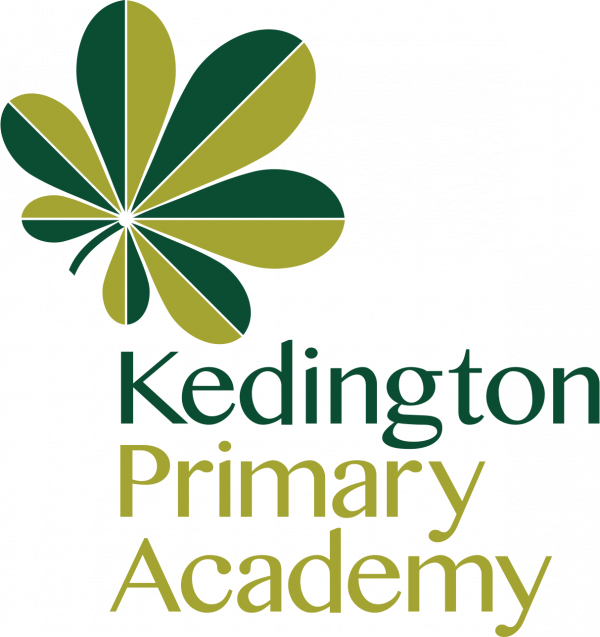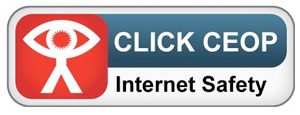The DFE have reinforced the need “to create and enforce a clear and rigorous expectation on all schools to promote the fundamental British values of democracy, the rule of law, individual liberty and mutual respect and tolerance of those with different faiths and beliefs”. The Government set out its definition of British Values in the 2011 Prevent Strategy and these values have continued to be reiterated. These values are integral to our ethos.
Kedington Primary Academy considers that its curriculum and values reflect fundamental British values of democracy, the rule of law, individual liberty, mutual respect and tolerance of those with different faiths and beliefs. This is found through statements in our aims, whereby we expect children to learn skills for life and to care for others, as well as our strapline:
“Appreciating what we have, aspiring to greater things”
As we would expect our children to appreciate and understand the values that Britain is based on.
At Kedington Primary Academy, we aim to support children to:
- Make judgements about how to behave and act and understand the reasons for such behaviour;
- Understand and distinguish ‘right from wrong’;
- Have respect for and an age appropriate understand of the fundamental British values of democracy, the rule of law, individual liberty and mutual respect and tolerance of those with different beliefs and faiths.
- Develop a personal code of behaviour i.e. telling the truth, being honest, having respect for justice.
Our commitment to British Values is made evident through:
- Fostering of mutual respect and trust e.g. assemblies;
- Promoting the Building Learning Power dispositions of resilience, resourcefulness, reflectiveness and reciprocity to provide our children with the lifelong skills needed to play a positive part in society;
- Encouraging children to express their point of view and listen to the views of others via circle time and PSHE;
- Our curriculum, where content is regularly reviewed to reflect on and promote positive attitudes to British Values e.g. medium term plans;
- A commitment to support children’s learning with books and materials which reflect cultural diversity and the place of Britain in the world including geography and history;
- Religious Education lessons that focus on understanding different beliefs and faiths;
- Democratically electing groups of children to lead on whole Academy issues (Academy Council) and eco issues (Eco Council). A key component of these is the inclusion of a democratic election process;
- Each year the children decide upon their class rules and the rights associated with these. All children contribute to this process and are encouraged to take responsibility for their behaviour;
- The children completing an annual questionnaire where they are able to put forward their views about the academy;
- Effective staff training.
All teachers are required to be evaluated against the Teachers’ Standards, including these elements in Part 2 of the standards:
- “Showing tolerance of and respect for the rights of others”
- “Not undermining fundamental British values, including democracy, the rule of law, individual liberty and mutual respect, and tolerance of those with different faiths and beliefs”
- “Ensuring that personal beliefs are not expressed in ways which exploit pupils’ vulnerability or might lead them to break the law”.



